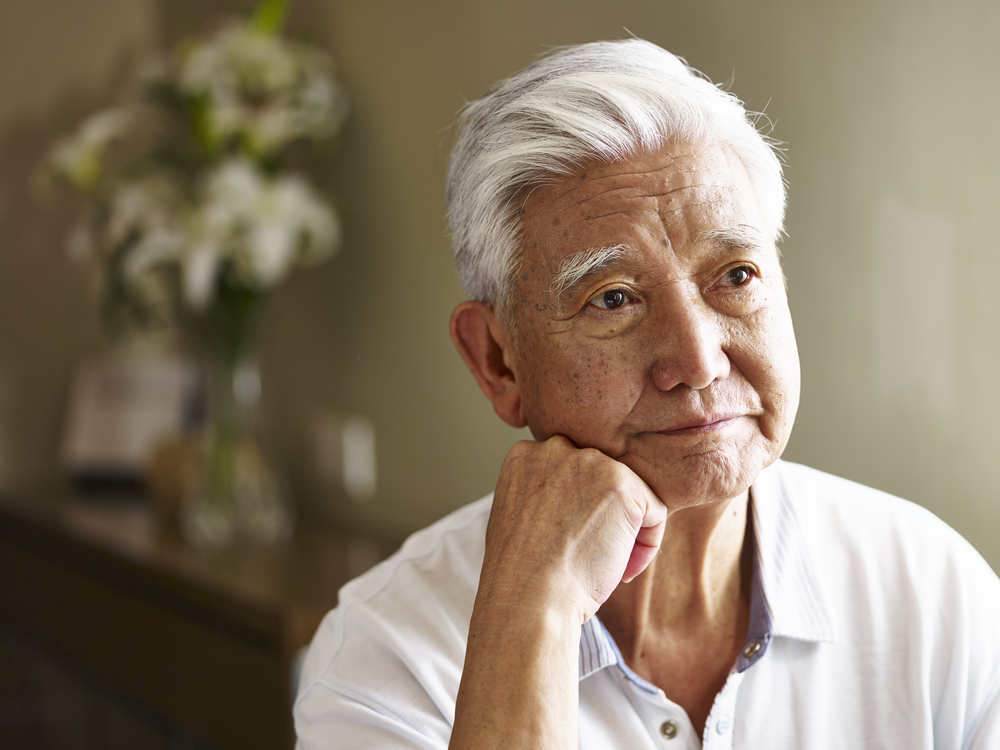My Elderly Neighbor Needs Help: What To Do
Category:

Editor’s note March 31: Significant developments in the coronavirus pandemic mean some of this advice may no longer apply. Please remember to practice social distancing and follow all CDC guidelines to ensure the safety of your loved ones and yourselves.
As the United States population grows older and healthier, more elderly people are staying in their homes by themselves. It is highly likely that if you look up and down your street there will be at least one home with a senior person who is living alone. It is natural to be concerned about these elderly neighbors. To alleviate some of these concerns, you can easily introduce yourself to an elderly neighbor. Exchange phone numbers and let them know where you live and that you are available if they need anything, like carrying groceries or changing a lightbulb that is difficult to reach. Establishing this sort of casual relationship will put you in a position to know if your neighbor needs help and you will be able to provide that assistance if needed.
How to Know if Your Elderly Neighbor Needs Help
There are some obvious signs you can watch out for that may indicate your elderly neighbor needs help.
- You see a noticeable change in your neighbor’s routine. For example, your neighbor always picks up their newspaper by 8am, and you see it laying outside at 11am. Typically all the lights are off in your neighbor’s house by 9pm, but tonight they are still on much later. You hear their dog barking and have not seen it outside recently. Pay attention to your pets too. Your dog may bark when he walks past your neighbor’s house because he hears or smells something you cannot.
- Your neighbor’s car has not moved in a long time or is showing signs of new damage that may indicate difficulty driving. You might also witness your neighbor driving erratically.
- The mailbox is overflowing.
- Your neighbor simply looks unkempt or less hygienic than usual.
What To Do If Your Senior Neighbor Living Alone Requires Assistance
Some easy ways you can assist your senior neighbors without having to become their primary caregiver are:
- Call to check in. If they answer and everything is fine, just say hello.
- Exchange phone numbers with their family members who come to visit, so you can contact them if you have concerns about the elderly neighbor, or if there is an emergency.
- If you haven’t seen your neighbor in a day or two and are not comfortable visiting yourself, you can call the non-emergency line for your local police and ask them to do a wellness check on your neighbor.
- Police are happy to help and potentially have resources to find family members or other people who can help.
No need to wait for your neighbor to need help to be a good friend. You can stop by and offer to grab books or audiobooks for them when you visit the library. You could drop by with a plate of dinner or dessert to share. Small, easy acts of kindness can go a long way when someone is living alone.
Finally, do not forget to set boundaries when it comes to help for seniors living alone. While of course you want to be a good neighbor and community member, you are not obligated to become your neighbor’s primary caregiver. There are many organizations and programs that provide assistance for the elderly living at home. You can recommend these programs to relatives and friends of the elderly neighbor or call them yourself if you feel your neighbor needs more help than you can provide.
Subscribe
Date: 2019-07-23
Category:


